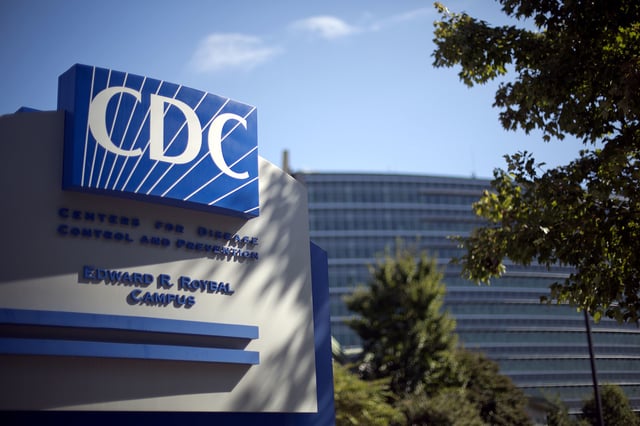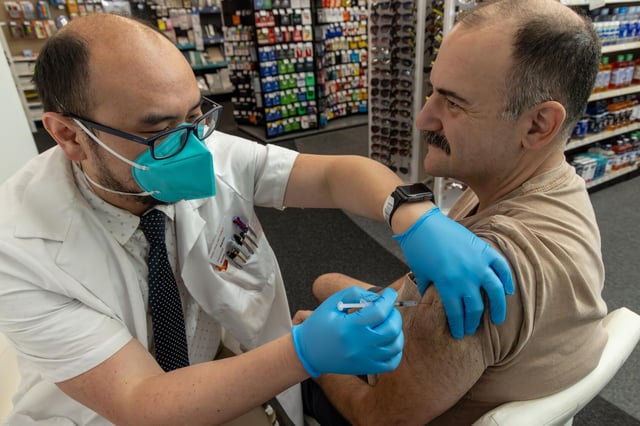Overview
- On May 29, the CDC replaced its broad “should receive” guidance for healthy children ages 6 months to 17 years with a “may receive” recommendation based on shared clinical decision-making.
- The change follows Health Secretary Robert F. Kennedy Jr.’s May 27 announcement urging the agency to drop universal vaccine recommendations for healthy kids and pregnant women.
- The shared clinical decision-making status ensures continued insurance coverage for pediatric COVID-19 vaccines while allowing parents and providers to weigh individual risks and benefits.
- The CDC still broadly recommends vaccination for moderately or severely immunocompromised children and most adults, but its messaging on pregnant women remains inconsistent across agency guidance.
- Pediatric and obstetric groups warn that the softer language and mixed signals could confuse families, depress vaccination rates and erode public trust.



